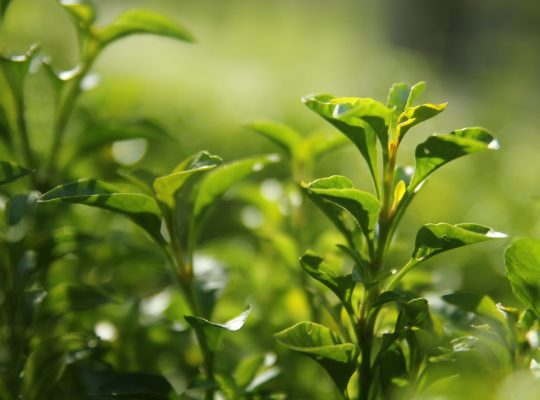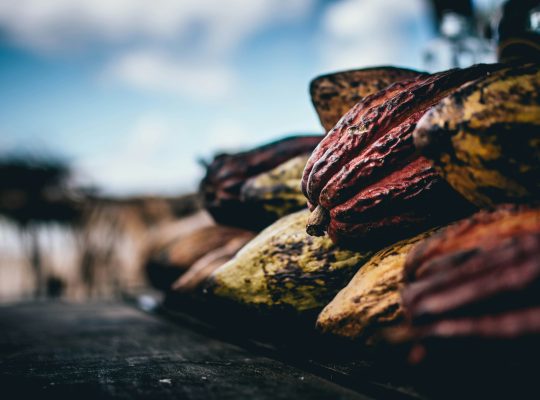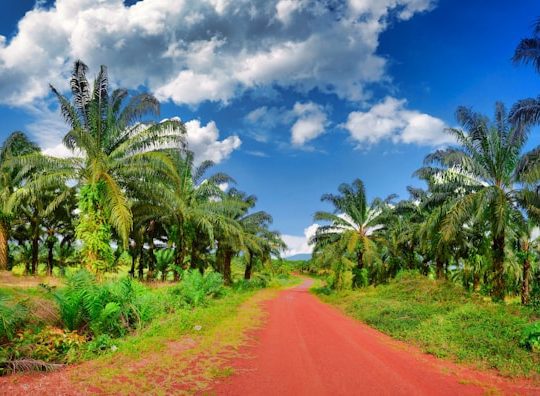In recent years, palm oil has not just been a commodity for Indonesia; it has become a central piece in a complex puzzle of trade relationships and geopolitical maneuvering. As the world’s largest producer of palm oil, Indonesia has been navigating a tightrope of economic opportunities, environmental controversies, and international diplomacy with remarkable agility.
The Economic Powerhouse
Indonesia’s palm oil industry is a behemoth. In 2019, the country produced nearly 43 million tons of palm oil, more than any other country in the world. The industry is a critical part of Indonesia’s economy, contributing significantly to its GDP, providing livelihoods to millions of smallholder farmers, and being a key export product. The European Union and India are among the biggest importers of Indonesian palm oil, making the commodity a cornerstone of Indonesia’s trade relations.
Environmental Controversies and Diplomatic Challenges
However, the journey has not been without its bumps. Environmental concerns over deforestation, loss of biodiversity, and greenhouse gas emissions from palm oil plantations have led to tensions, particularly with the European Union. In March 2019, the EU passed a resolution to phase out the use of palm oil in biofuels by 2030, citing environmental concerns. This move was met with fierce opposition from Indonesia, which saw it as a direct attack on its palm oil industry and the livelihoods of millions of people.
In response, Indonesia has been leveraging its diplomatic channels. The country has engaged in intense negotiations with the EU, seeking to find a middle ground that recognizes Indonesia’s efforts in sustainable palm oil production. At the same time, Indonesia has been expanding its palm oil markets elsewhere, particularly in Africa, the Middle East, and China, diversifying its trade relations and reducing its dependence on traditional markets.
Shifting Geopolitical Alliances
This maneuvering is part of a broader geopolitical strategy. By strengthening trade ties with emerging economies and pursuing membership in organizations like the Council of Palm Oil Producing Countries (CPOPC), Indonesia is positioning itself as a leader among palm oil-producing nations. This not only bolsters its bargaining power in international negotiations but also enables it to shape the global discourse on palm oil and sustainability.
Moreover, Indonesia has been leveraging its palm oil trade to secure more favorable trade terms and investments in other sectors, further intertwining its economic and geopolitical strategies. The country’s negotiations with China, for example, have included discussions on palm oil as part of broader trade and investment agreements.
Looking Forward
As Indonesia continues to expand its palm oil diplomacy, it faces both opportunities and challenges. On one hand, the global demand for palm oil is expected to grow, providing Indonesia with a significant economic opportunity. On the other hand, the environmental controversies surrounding palm oil production are unlikely to disappear, necessitating a careful balancing act between economic growth, environmental sustainability, and diplomatic relations.
In navigating these complexities, Indonesia’s palm oil diplomacy will remain a fascinating case study of how nations leverage their economic strengths in the geopolitical arena. The outcome will have significant implications not just for Indonesia, but for global trade, environmental policy, and the geopolitics of renewable resources.









